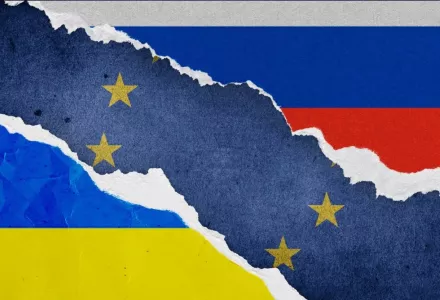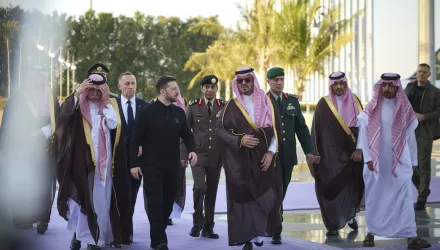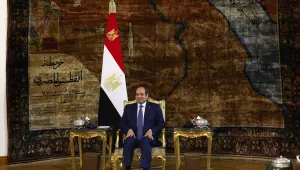Hard Times in Brussels: How the EU is Dealing with Pandemic and War
Over the last two decades, the EU has faced a myriad of crises. During the 2010s, it experienced the sovereign debt and migration crises. During the 2020s, the pandemic and the Russian aggression against Ukraine have confronted the Union with a new set of challenges. While the 2010s crises were averted through monetary policy and an established social structure, the 2020s crises have called the social structure itself into question. In particular, the Russian war is affecting the EU’s consensus on major strategies, such as the growth model and the security model. This seminar will assess critical questions on how Brussels is dealing with the consequences of the pandemic and the war to manage these crises successfully.
This event is part of the Center for European Studies' European Union Seminar and is co-sponsored by the Project on Europe and the Transatlantic Relationship.
Speaker
Sergio Fabbrini– Dean, Political Science Department; Professor of Political Science and International Relations, LUISS Guido Carli Metin Hakverdi - Member of the Bundestag, Federal Republic of Germany; Board Member, Atlantik-Brücke; John F. Kennedy Memorial Policy Fellow, Minda de Gunzburg Center for European Studies, Harvard UniversityChairs
Karl Kaiser – Fellow, Project on Europe and the Transatlantic Relationship, Harvard Kennedy School; Seminar Co-chair, Minda de Gunzburg Center for European Studies, Harvard University Nicolas Prevelakis – Associate Senior Lecturer on Social Studies & Assistant Director of Curricular Development, Center for Hellenic Studies, Harvard University; Seminar Co-chair, Minda de Gunzburg Center for European Studies, Harvard University



